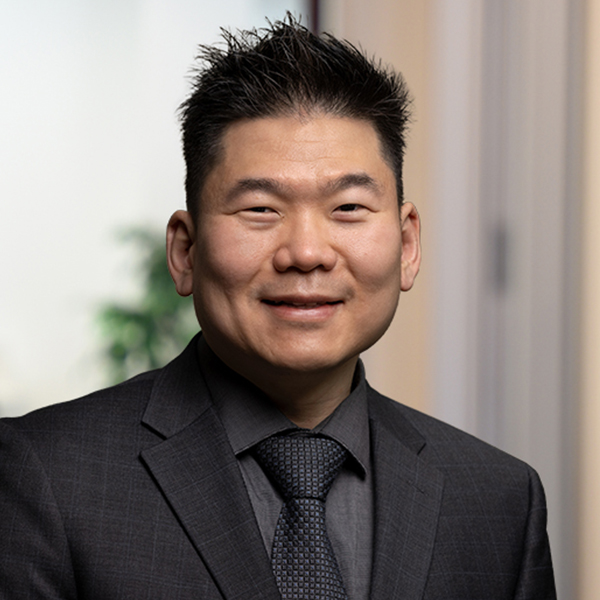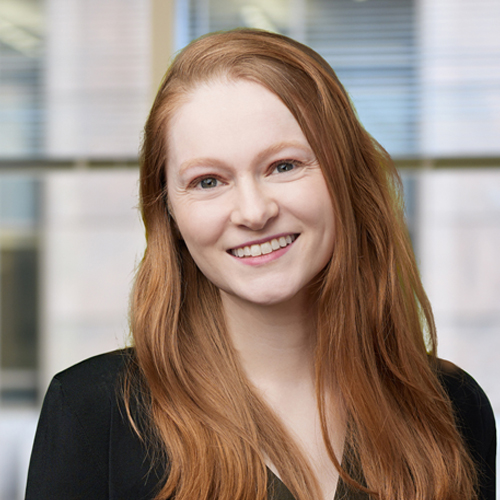Background and District Court Decision
On September 19, 2024, the US Court of Appeals for the DC Circuit heard oral arguments in Thaler v. Perlmutter, appealing a 2023 decision by Judge Beryl Howell. Stephen Thaler applied for copyright protection for an image titled “A Recent Entrance to Paradise,” created autonomously by his self-created AI system. Thaler argued the AI was the image’s author, but the US Copyright Office denied registration, stating copyright law only protects human-created works. Thaler challenged this, arguing that no explicit human authorship requirement exists in copyright law.
The district court supported the Copyright Office’s decision, emphasizing that copyright hinges on human creativity. It referenced Burrow-Giles Lithographic Co. v. Sarony, 111 US 53 (1884), where the Supreme Court ruled that photographs could be copyrighted because the photographer’s creative decisions—like composition and lighting—constituted human authorship. The court found that human involvement is crucial for copyright, whereas Thaler’s AI acted independently without human creative input.
Appeal Arguments
Thaler contended that his image met all statutory requirements and argued for a broader definition of authorship, presenting three theories:
- AI as Author: The AI was the direct creator, and Thaler owns the copyright by law under a "work-for-hire" theory.
- Work for Hire Doctrine: Thaler owns the image since he owns the AI.
- Indirect Human Authorship: Thaler contributed indirectly by creating and using the AI.
Thaler further argued the Copyright Act accommodates technological advancements and that the Copyright Office’s refusal to register AI-generated works contradicts the Act’s accommodation provisions.
The Copyright Office argued that the Copyright Act presumes human authorship, citing its structure and history of case law. It distinguished authorship from ownership, emphasizing that AI cannot be the sole author because copyright is tied to human life spans, which don’t apply to machines. The office clarified that AI-assisted works could be registered if there was substantial human input, citing a March 2023 guidance document.
Circuit Court Questions
The Circuit Court asked several pivotal questions:
- Can an automated process create a copyrightable work?
- Can AI-generated work be a “work for hire”?
- Can the AI’s manufacturer claim copyright?
- What level of human input qualifies for copyright protection?
Implications for Design Professionals
To present a strong argument for copyright protection, design professionals that utilize AI must take certain proactive steps to document the degree of human input in AI-generated work, including keeping a log of the original input and subsequent modifications. The level of detail or instruction provided to an AI platform as to tone or style may influence whether the work is found to be authored by a person. Moreover, the design professional’s continued interaction with the AI platform, for example, in requesting multiple revisions to the design or in making detailed modifications could demonstrate control over the AI platform with the user’s vision. Though no procedures will guarantee your AI-assisted designs will be eligible for copyright protection in their entirety, diligent record-keeping will assist to the make the best possible case to protect your intellectual property.




